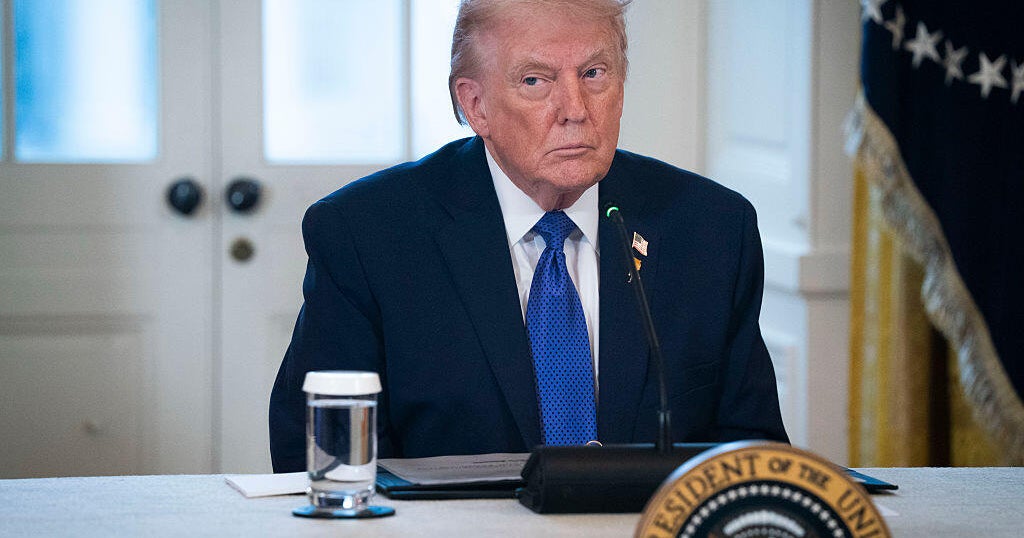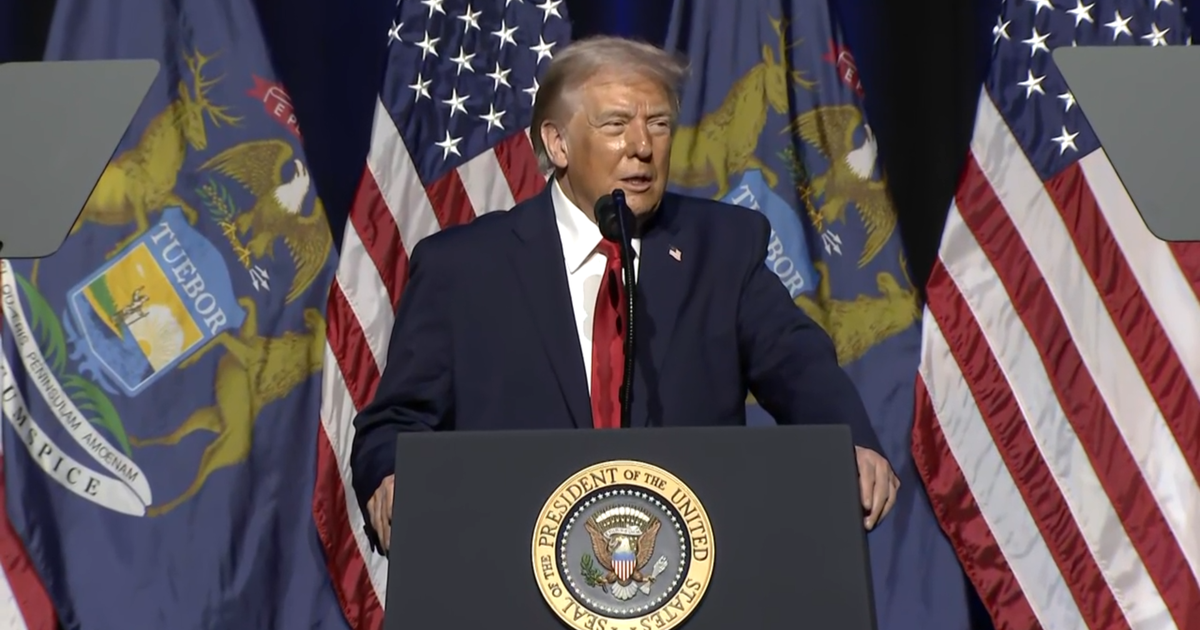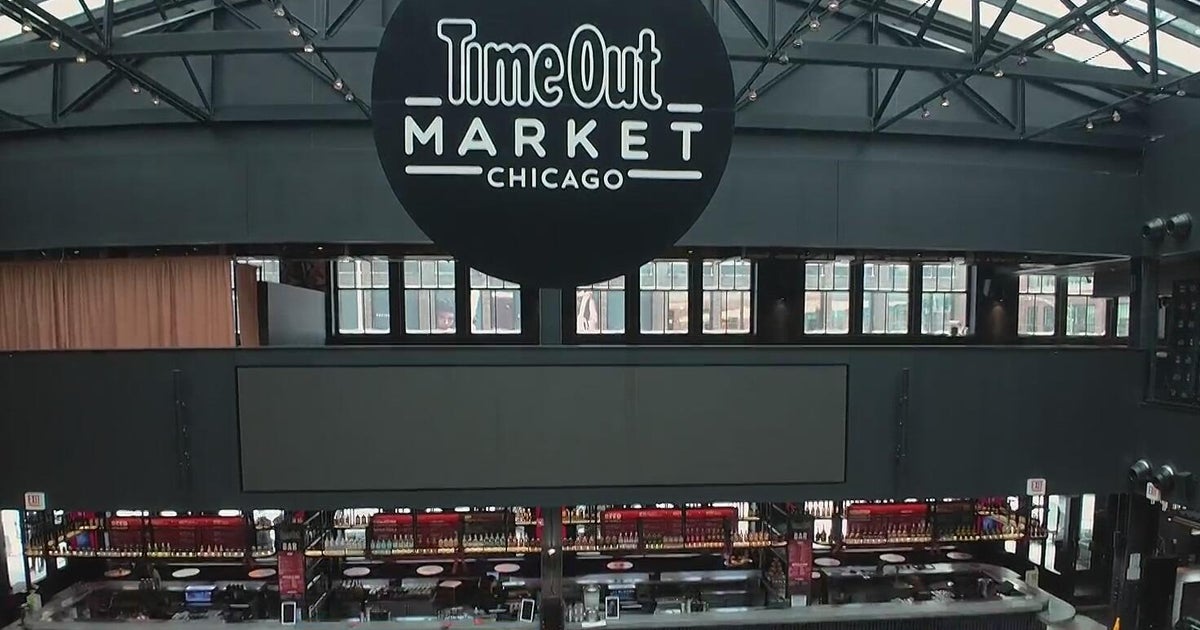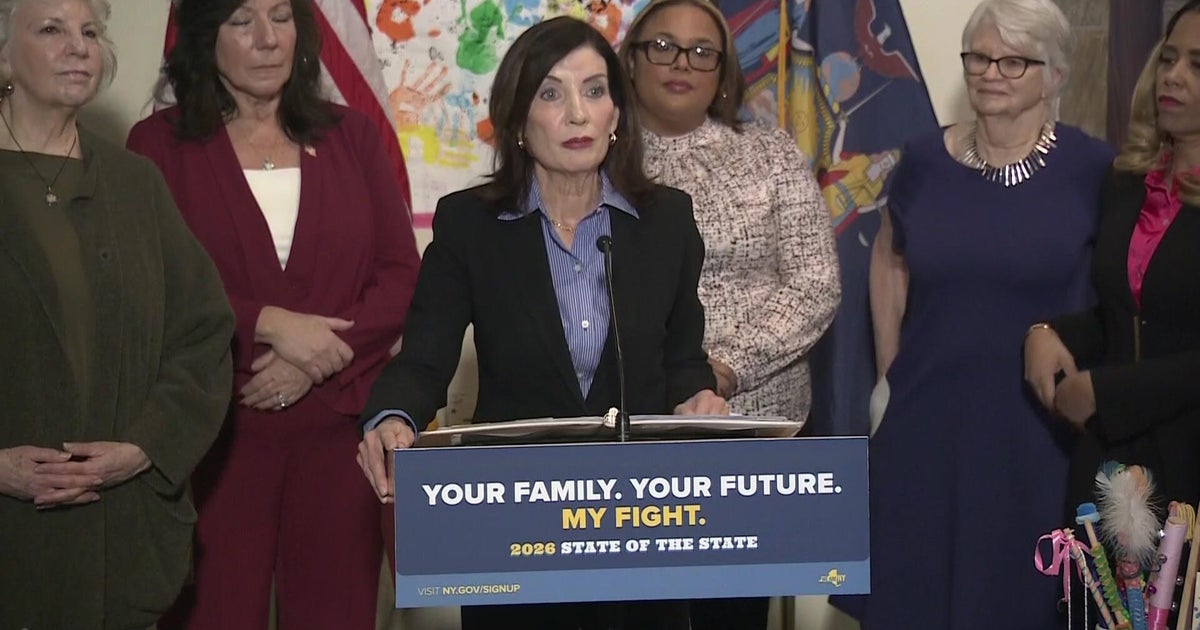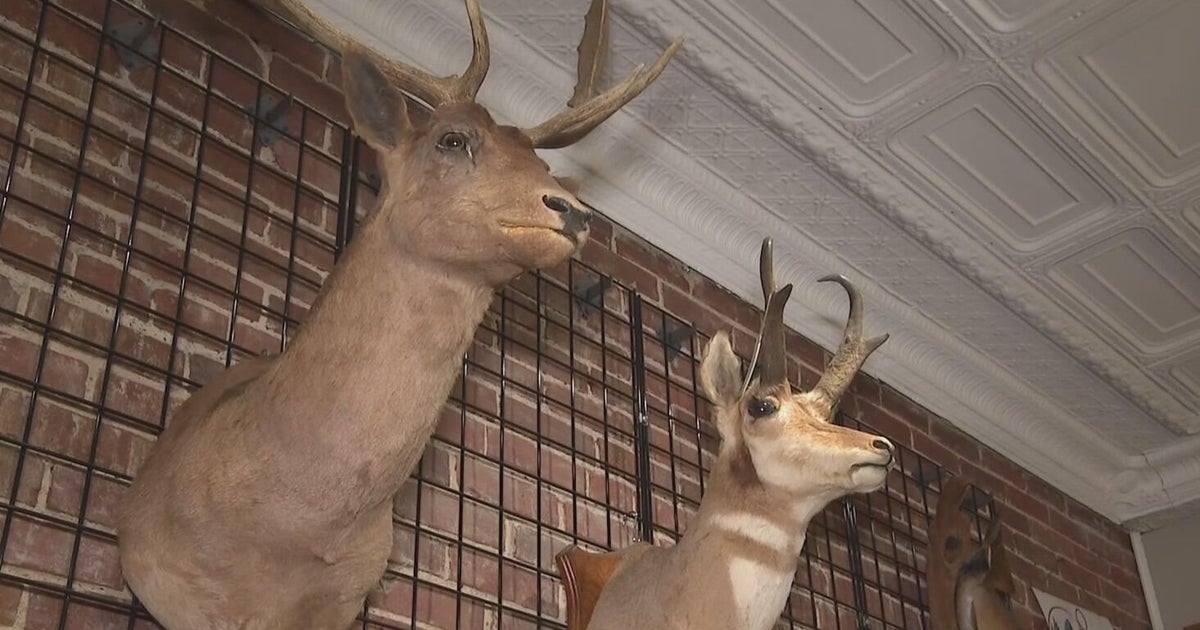Business owners in Southeast Michigan share how tariffs on China impact their bottom line
As the Trump administration continues to levy 145% tariffs on goods from China, businesses in Southeast Michigan are now paying a high price to receive their goods from U.S. Customs.
Lisa McDonald owns TeaHaus in Ann Arbor, where roughly 60% of her teas are imported from China.
"I'm not going to be able to eat 154 or 145 – whatever it is – percent cost," she said. "It will shut down my business."
McDonald imports the rest of her teas from other countries, which are subject to a 10% blanket tariff — a move President Trump imposed on April 5.
She said the high tariffs are going to force her to raise her prices.
"I will have to pass on some of that price increase to my customers, obviously," she said. "I just haven't decided how and when."
She said she is still waiting on a $60,000 shipment of Chinese tea she paid for in January.
"Once it arrives in the U.S., that's when the tariff will be put on those goods," she said. "So, I was told by my shipping broker that I should expect anywhere between a $30,000-$40,000 bill from U.S. Customs. So, my $60,000 order just became a $90,000 to $100,000 order."
Jan Benzinger, who co-owns Mudpuddles toy store in Ann Arbor's Kerrytown Shops, said there's no way to avoid purchasing goods from China when you're in the toy industry.
"Even if it's a U.S. company, it's made in China," she said.
Benzinger said orders placed after the busy holiday season were mostly spared from tariffs.
"I'm glad I'm not looking at tariffs as I approach a big order," she said. "I feel like we've beaten them at this point."
Although Benzinger doesn't anticipate having to place any more orders for at least another month, she said she and her co-owner may consider raising prices if the tariffs continue and start to impact their earnings.
"If it becomes necessary, we'll do as little as is necessary," she said. "Failure is not an option. You're just going to do what you have to do."

